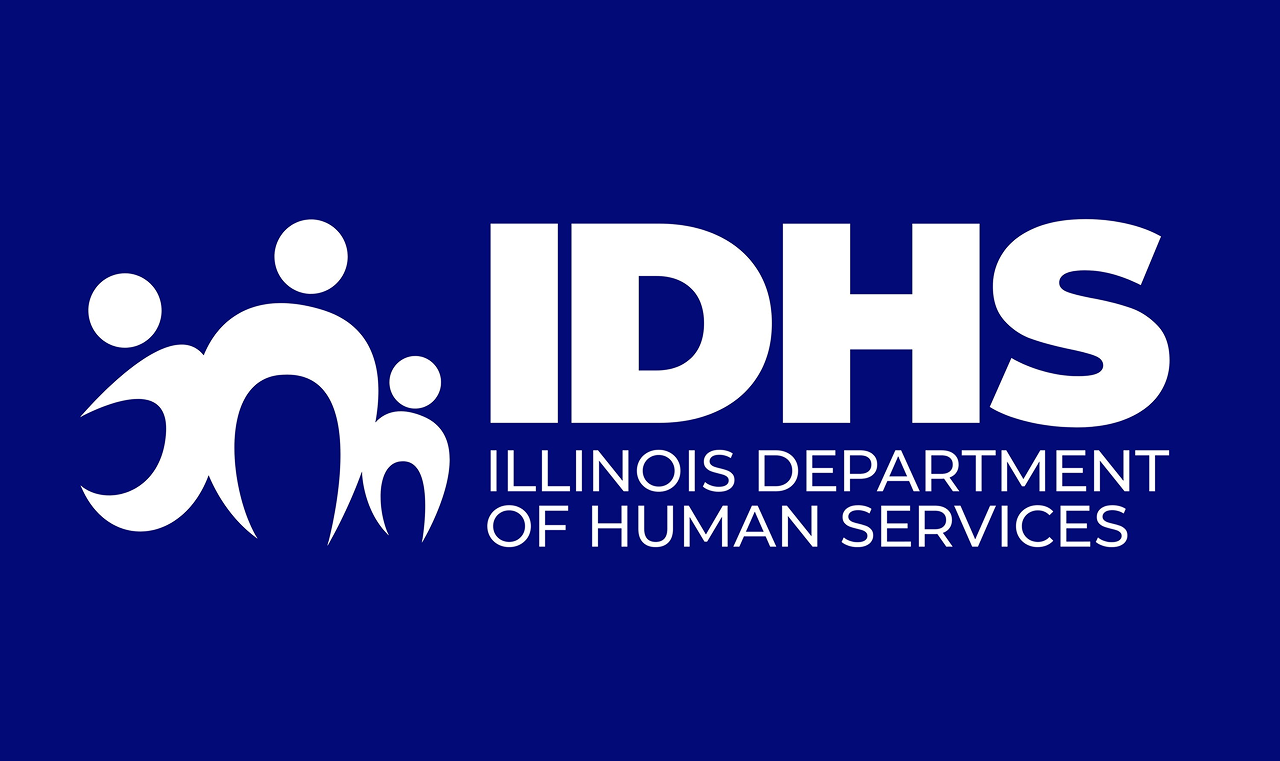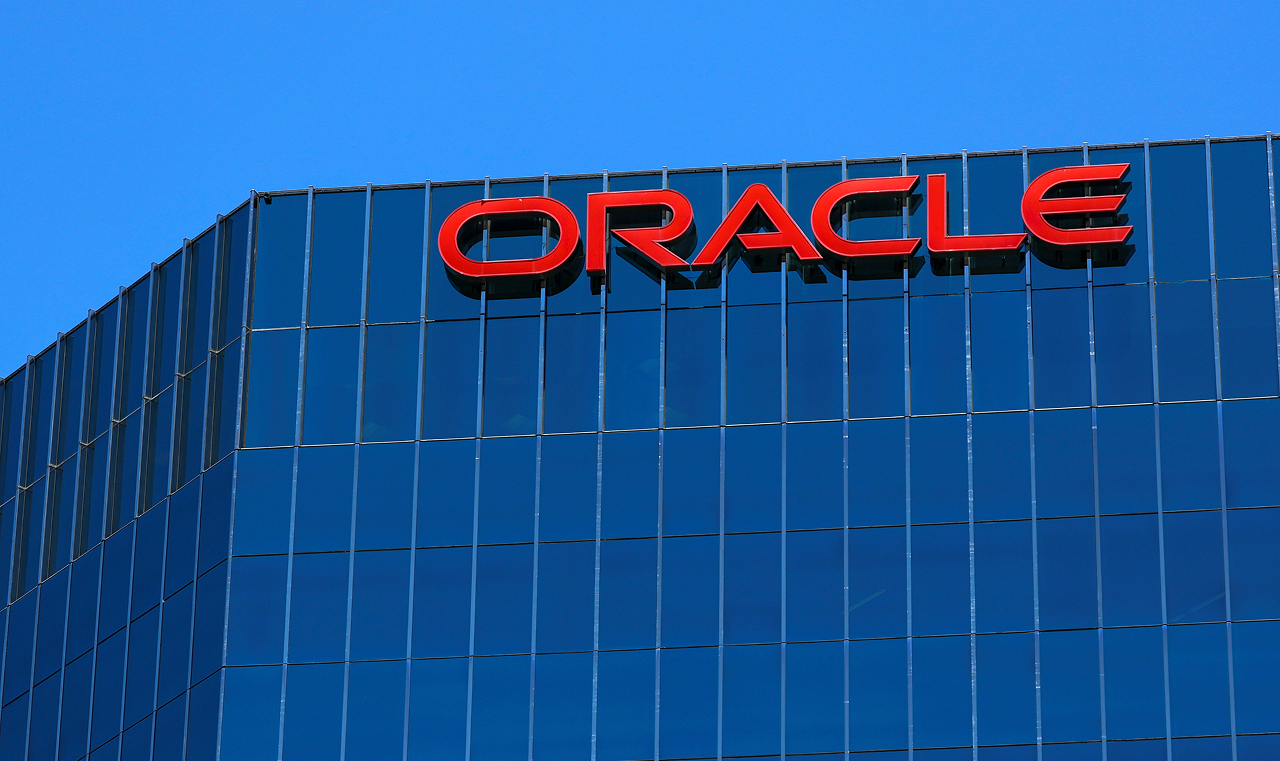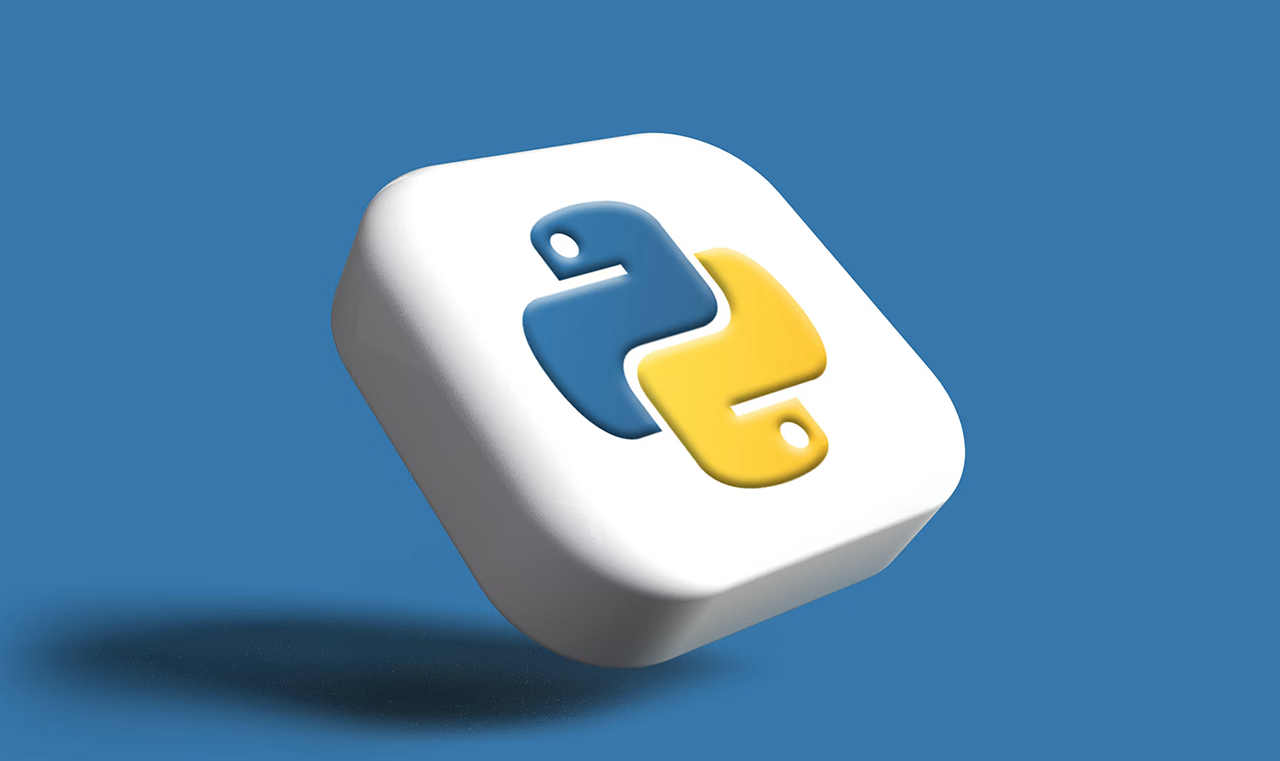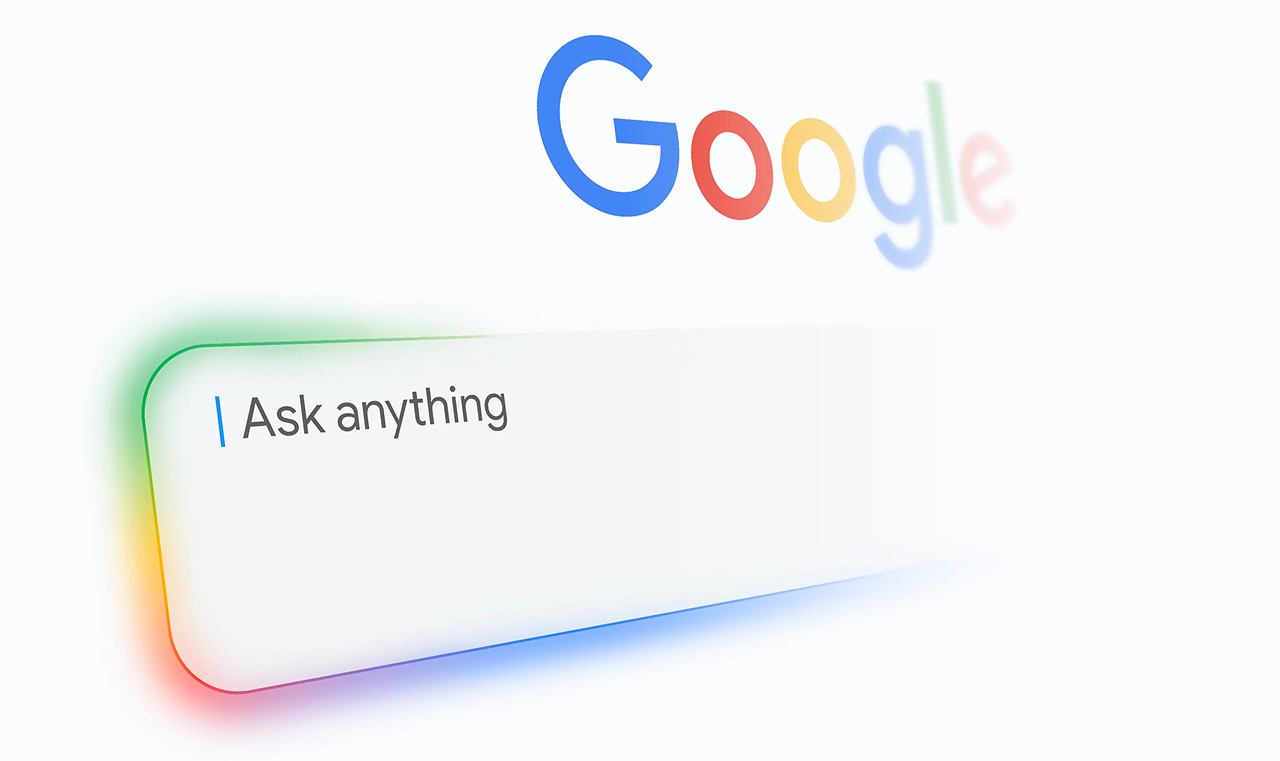Facebook Data Leak
Personal data of 533 million Facebook users from 106 countries was leaked on a hacker forum, including names, phone numbers, birthdates, and more. Facebook said it was scraped via a vulnerability patched in 2019, but the leak still posed a major privacy risk.
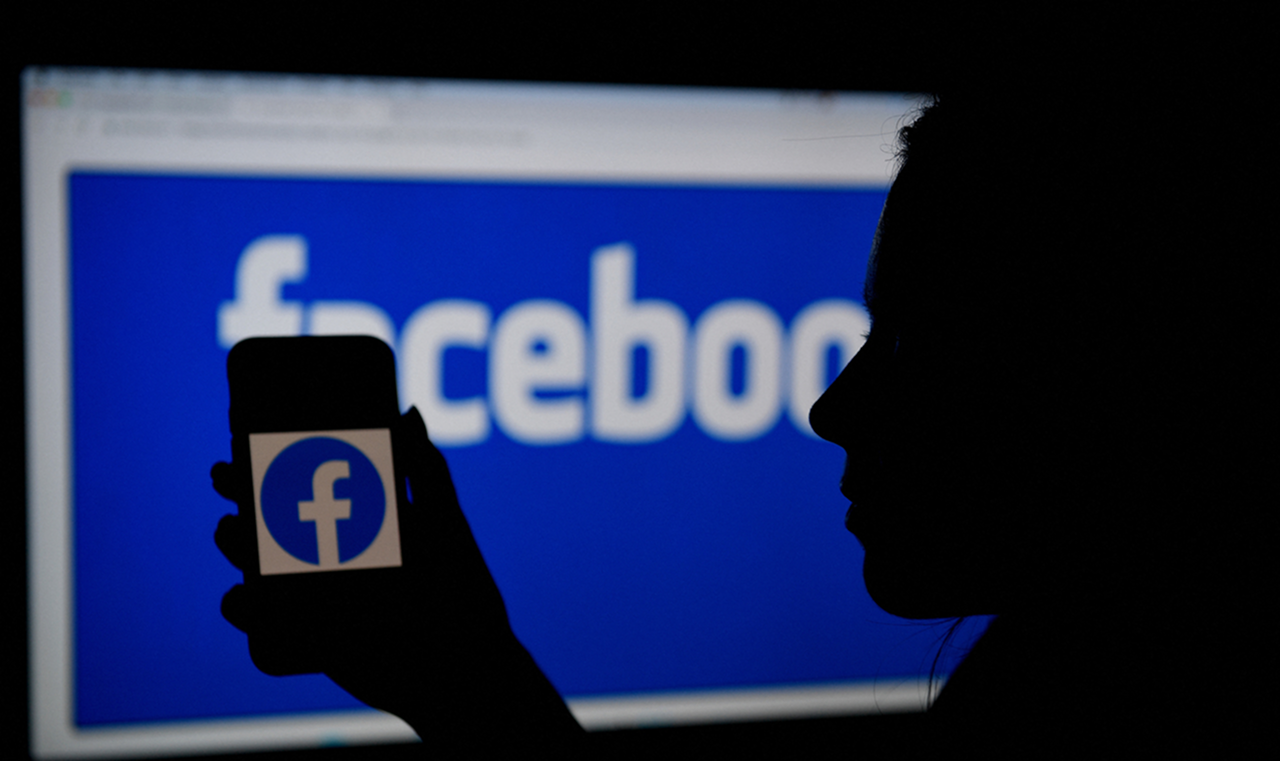
In one of the most significant data exposures in recent years, the personal information of over 533 million Facebook users from 106 countries was leaked and made publicly accessible on a well-known hacker forum. The leaked dataset includes a staggering amount of personal details such as:
- Full names
- Phone numbers
- Birthdates
- Locations
- Email addresses
- Facebook user IDs
What Happened?
According to Facebook, the data was not obtained through a traditional "hack" that is, there was no unauthorized access to their systems or servers. Instead, the information was scraped by exploiting a vulnerability in Facebook’s contact importer feature, which allowed attackers to match phone numbers with user profiles.
This vulnerability, Facebook claims, was patched in 2019, but the data appears to have been scraped prior to that fix and has now resurfaced, freely circulating on dark web forums and even available to the public in some cases.
Why It’s a Big Deal
While Facebook may argue that this wasn't technically a breach, the scale and sensitivity of the leaked information make it a serious privacy and security threat. Here’s why:
- Massive Scope: Over 533 million users are affected roughly 1 in every 15 people on Earth.
- Detailed Personal Info: Unlike leaks that involve only email addresses or passwords, this dataset includes a rich set of personal identifiers, potentially making users vulnerable to phishing, SIM swapping, and identity theft.
- Long-Term Impact: Just because the data is a few years old doesn't mean it's no longer useful to cybercriminals. Names, phone numbers, and email addresses tend to remain consistent over time, increasing the longevity of the risk.
What Facebook Said
In response to the leak, Facebook reiterated that the issue had been resolved back in 2019 and that it was the result of data scraping, not a direct breach of their systems. They emphasized their ongoing efforts to crack down on data scraping and enhance platform security.
However, critics argue that the company failed to notify affected users or provide tools for checking whether one's data was part of the leak actions that many believe should be standard in the wake of such an incident.
What Can You Do?
If you're a Facebook user (or even if you're not but had a public profile), your data could potentially be part of this leak. Here are some steps you can take:
- Check if You’re Affected: Use trusted services like EraseMe to see if your phone number or email was exposed.
- Watch for Phishing Attempts: Be extra cautious about suspicious calls, texts, or emails that ask for personal or financial information.
- Enable Two-Factor Authentication: This adds an extra layer of protection to your accounts.
- Change Your Passwords: Especially if you’ve reused the same password across multiple platforms.
- Limit Data Sharing: Revisit your privacy settings on Facebook and other platforms to control what information is publicly visible.
Final Thoughts
The Facebook data leak is a stark reminder that even when a breach is old or indirect, the fallout can be long-lasting and far-reaching. In an era where personal data is a valuable commodity, it’s crucial to stay informed, vigilant, and proactive about digital privacy.
Even giants like Facebook are not immune to the consequences of poor data security practices and users are often the ones who pay the price.


